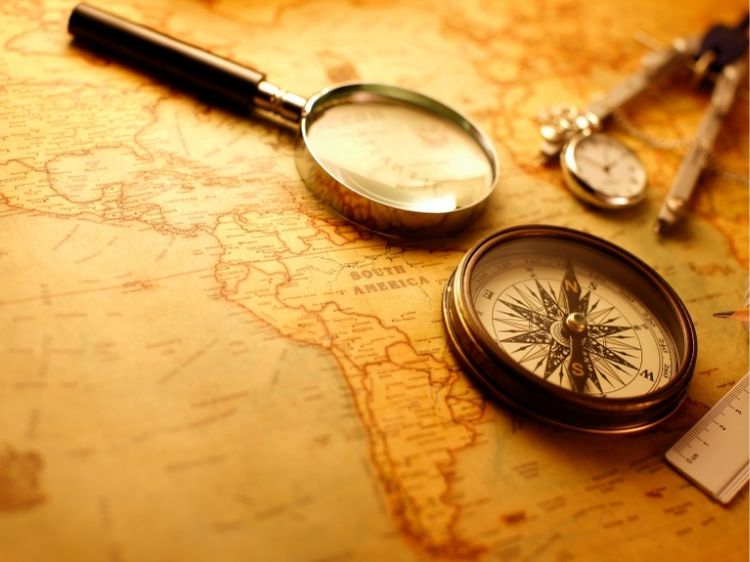Is Jamaica Calling Your Name?
If you’re dreaming of white sandy beaches, reggae rhythms, and endless sunshine, then Jamaica is probably high on your travel list. But before you pack those bags, you should be aware of the latest Jamaica travel advisory. With the right preparation, your Jamaican adventure can be all you’ve imagined and more—minus the surprises you’d rather skip. So, let’s dive in and cover everything you need to know about staying safe, having fun, and making the most of your trip to Jamaica!
Why Jamaica? A Quick Look at the Island’s Allure
Jamaica is a vibrant country known for its stunning beaches, rich culture, and welcoming locals. Whether you’re up for relaxing by turquoise waters, hiking through lush rainforests, or exploring historical sites, Jamaica offers it all. However, like any travel destination, staying informed about the local safety and travel conditions is essential. So, let’s get into the specifics of what you should know before you go.
Understanding the Current Jamaica Travel Advisory
The term “Jamaica travel advisory” might sound a bit daunting, but don’t let it scare you. Advisory notices are issued by governments to help tourists stay safe, whether it’s for health reasons, safety concerns, or natural occurrences. Here’s what you need to be aware of for a smooth trip.
1. Safety and Security Precautions
While Jamaica is generally safe for tourists, certain areas may require extra caution. Here’s what to consider:
- Stay in Designated Tourist Zones: Areas like Montego Bay, Negril, and Ocho Rios are safer due to higher police presence and infrastructure catered to tourists.
- Avoid Riskier Areas: Some regions in Kingston and Spanish Town have higher crime rates, so stick to well-populated tourist areas, especially at night.
- Be Cautious After Dark: As with many travel destinations, avoid wandering alone after dark. Use hotel transportation or trusted taxi services instead.
2. Health and Wellness: COVID-19 and Beyond
The Jamaican government has health protocols to keep tourists safe. Keep the following health guidelines in mind:
- Stay Updated on COVID-19 Requirements: Entry requirements may still include proof of vaccination or a negative test. Check the latest guidelines before departure.
- Avoid Drinking Tap Water: Stick to bottled or filtered water, especially if you’re traveling to rural areas.
- Mosquito Protection: Bring mosquito repellent as mosquito-borne illnesses, like dengue fever, can occasionally be present.
Practical Tips for Navigating Jamaica
Traveling smartly can make all the difference in your experience. Here’s how you can make your trip smoother and safer:
Money Matters
Jamaican dollars (JMD) are the local currency, but many tourist areas also accept US dollars. Here’s what to keep in mind:
- Currency Exchange: Avoid changing money at the airport where rates are higher. Look for official exchange offices in town.
- Credit Card Usage: Credit cards are widely accepted in tourist areas, but always carry some cash for local markets and smaller vendors.
- ATMs: ATMs are available but stick to machines located in secure areas like banks or inside hotels.
Transportation Tips
Getting around Jamaica can be an adventure in itself. Here’s what to know about transportation:
- Use Registered Taxis: Opt for red-plate taxis, as they’re licensed and regulated. Always confirm the fare before starting the ride.
- Renting a Car: If you’re up for some independent exploration, renting a car is a popular choice. Just remember that driving is on the left side of the road in Jamaica!
- Public Transportation: Public buses are available but can be crowded. For a more comfortable experience, consider private shuttles.
Essential Packing List for Your Jamaican Vacation
Packing right can make or break your trip! Here are a few must-haves:
- Light Clothing: The weather is warm year-round, so pack breathable, lightweight clothes.
- Beach Essentials: Don’t forget your swimsuit, sunglasses, and sunblock—Jamaica’s sun can be intense!
- Insect Repellent: Protect yourself from mosquitos, especially if you’re heading inland.
- Power Adapter: Jamaica uses 110V, so bring an adapter if needed.
Frequently Asked Questions About Traveling to Jamaica
Is Jamaica safe for tourists?
Yes, Jamaica is safe for tourists, especially in well-established tourist areas. As with any destination, it’s wise to exercise caution and follow local safety guidelines.
Do I need a visa to enter Jamaica?
Many nationalities can enter Jamaica without a visa for short stays. Check with the Jamaican embassy or consulate for specific visa requirements.
What’s the best time to visit Jamaica?
The peak tourist season is from December to April, but Jamaica is a year-round destination. For fewer crowds, consider traveling during the shoulder seasons in May or October.
Can I use US dollars in Jamaica?
Yes, US dollars are widely accepted in tourist areas, though the Jamaican dollar is the official currency.
What should I avoid doing in Jamaica?
Avoid venturing into less-touristy areas alone, especially at night, and always be mindful of local customs and laws.
Summary: Ready for Your Jamaican Getaway?
Jamaica offers a beautiful, vibrant escape that’s rich in culture, natural beauty, and warm hospitality. Following this Jamaica travel advisory can help ensure a safe and enjoyable experience, allowing you to fully immerse yourself in everything this island has to offer. Remember to stay informed, pack wisely, and respect local customs—and you’ll be well on your way to a memorable Jamaican adventure!
Authoritative Resources for Your Reference
For more information, refer to these resources:
- U.S. State Department Travel Advisories: travel.state.gov
- Jamaica Tourist Board: visitjamaica.com
- CDC Health Information for Travelers to Jamaica: cdc.gov
